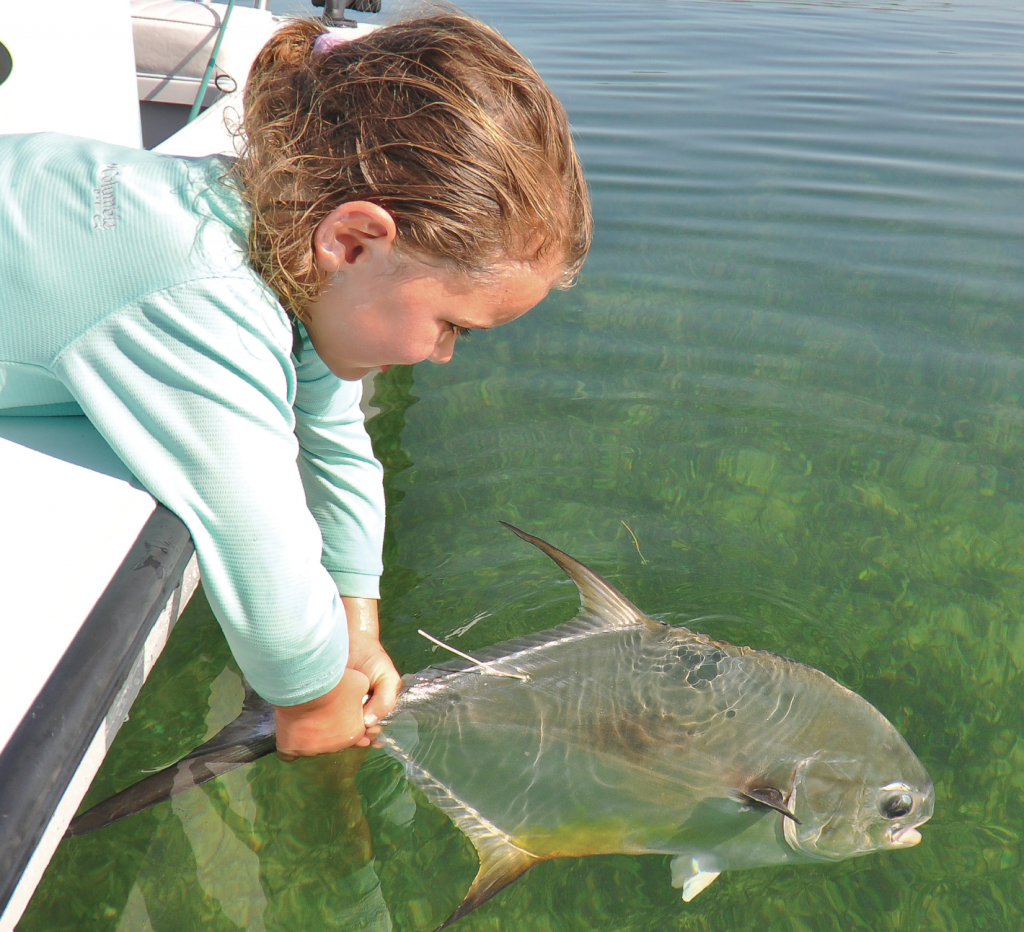by Alex Lovett-Woodsum
Some of my fondest childhood memories were spent out in nature. I was blessed to have both easy access and parents who insisted on pushing me out into the natural world at every turn. I have very early memories of running in the woods in New Hampshire, turning over rocks to find bright orange salamanders or catching garter snakes as they tried to slip away from me—and to my parents’ great dismay, bringing them into my house to show off. My mom took our family on hikes, the kids racing to reach the summit of the mountain first. My siblings and I spent hours on end swimming in the lake by our house, donning goggles to catch crayfish and minnows, briefly examining them wriggling in our nets before setting them free. Some of my early memories with my dad were spent catching bass and sunfish, fostering a love of fishing that has extended into adulthood. Despite my appreciation of the convenience that cell phones and apps have brought to my adult life, I am eternally grateful that none of those things existed when I was a child.
It’s not a new concept that nature is good for kids. Studies have shown the importance of nature in child development in every important way—intellectually, emotionally, socially, spiritually and physically (Kellert, 2005). The evidence is there, and yet a multitude of factors are contributing to a worldwide epidemic of ‘nature deficit disorder’—simply put, kids are not spending enough time in the natural world. As the obesity epidemic grows and many kids spend more than half of their waking time in front of screens, it’s time to bring kids back to nature.
As importantly, as kids grow more and more disconnected from nature, they will care less and less about. With the threat of environmental destruction seemingly at every turn, we not only need to try our hardest to leave the natural world in the best shape we can for future generations, we also need to instill in kids an interest in and passion for nature and a desire to preserve it after we are gone. The idea of conserving nature for future generations—in BTT’s case, flats fisheries and the species they support—is not a new concept. A well-known Iroquois principal that is often applied to environmentalism states that, “In every deliberation, we must consider the impact on the seventh generation…even if it requires having skin as thick as the bark of a pine.” Thinking about the long-term is fundamental in a realm like the environment and fisheries where some impacts are swift and others take longer to develop and make themselves known.
Aside from being an advocate for natural resources, help develop the next generations to do the same. Take a kid fishing, canoeing, hiking, take them on a picnic in a park—whatever you have access to. It’s not only good for their health, development and well-being, but will help ensure that our natural world has a future too.
Photo by Collin Ross




